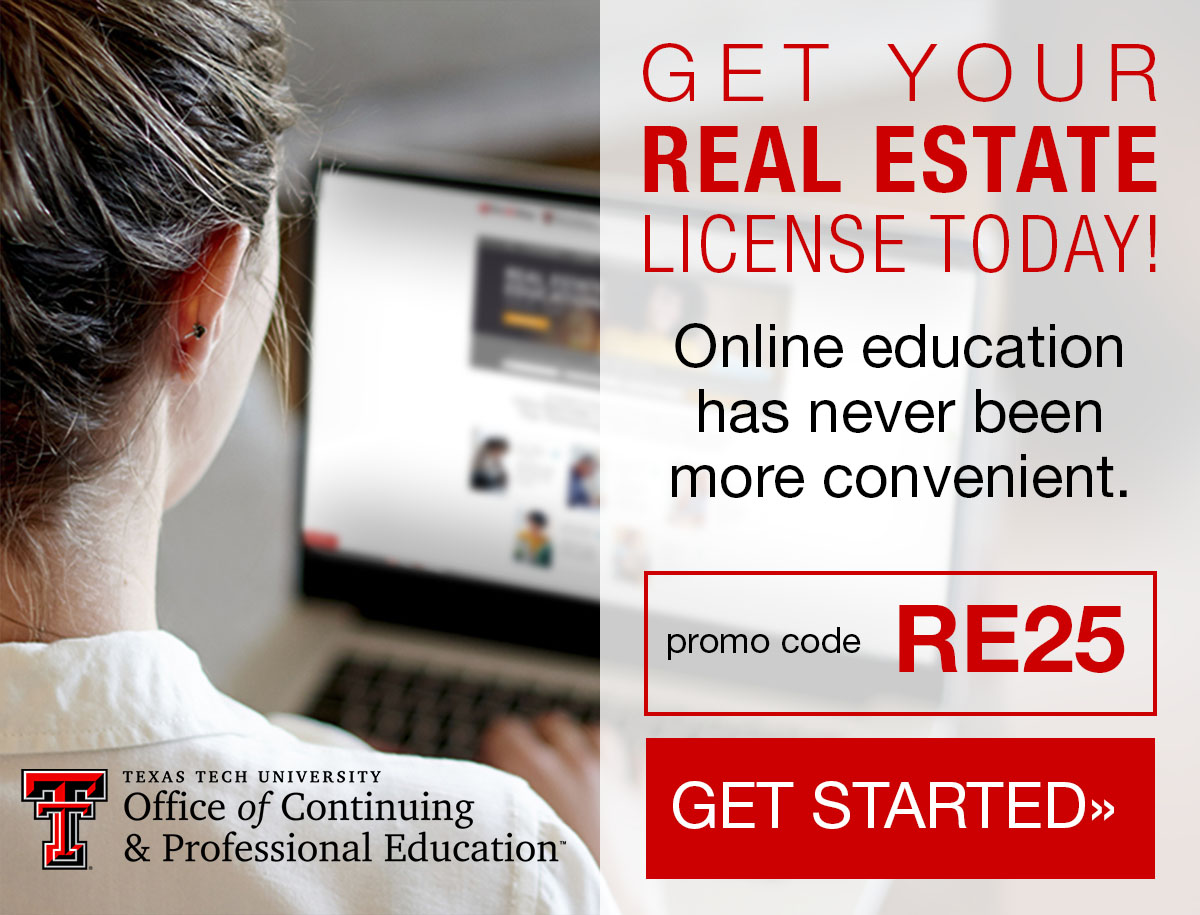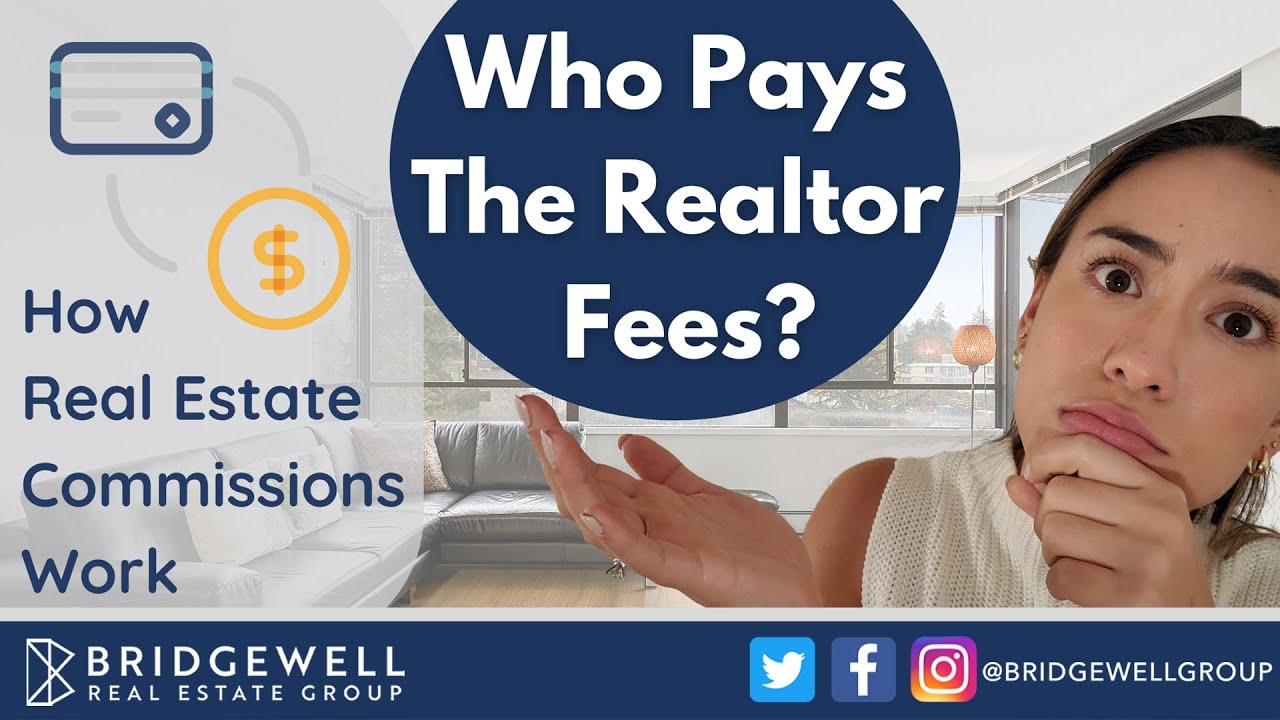
Here are some ways you can invest in real estate without spending a lot of money. Some of them include House hacking or 203(k), and hard money loans. Equity partnership is another popular method. It is possible to buy a property, then pay the mortgage over the following years. However, it may not be as easy as it sounds. There are other ways to invest in real estate without any money at all.
House hacking
A house hacking strategy is one of the best ways you can invest in realty without having to put down any money. It involves buying multifamily property and living there, then renting the rest and selling the property for a profit after two or three years. This strategy can be used for many types of properties, including single-family homes and multifamily properties. In some cases, it can even be used to live in a property for free or pay no rent.

203(k) loans
For first-time buyers, the 203(k), or loan, is best. This loan is perfect for houses that require renovation. However, the house must be occupied for at most 12 months. The process can be frustrating, especially when unexpected repairs come up after the loan is approved. However, it is possible to make the entire process easier by working closely with a professional who understands how to apply 203(k).
Hard money loans
You may be wondering how to find a hard money lender if you want to invest in real estate without any money. Because they are based on property value, hard money lenders can be flexible about the terms of their loans. It is worth looking for a lender with similar goals as yours who can help you get the financing you require.
Equity partnership
Here are some tips to help you invest in real estate without money. You may not have enough cash to invest in a home of your own, but there are many ways to acquire funds to make a real estate purchase. It is possible to use funds from friends and family to buy a home. Whether you're using a credit card, borrowing from friends or family, or using a private lender, there are many ways to obtain funds.
Lease option
Lease options are a great way to invest without having to pay any money. Lease options allow you to make monthly payments and have the option of purchasing the property later. You will need to find a tenant who will pay the rent amount. In return, you will be given a deposit. You can charge more for the property than you actually own, but the deposit is option money. With this strategy, you will make $300 each month.

Wholesale deals
If you are looking for a way to invest in real estate wholesale deals with no cash, then this article will give you some tips. Wholesale properties are generally not publicly listed, and they offer a unique opportunity for quick profits. Although it is hard to find the perfect property, the advantages of investing in wholesale properties can be substantial. Wholesale properties should not only be priced below the market value but also have upside potential. As an investor, you'll need to research the local real estate market, curate a buyer's list, and secure a financing source to get started. Start by researching local wholesale properties.
FAQ
What are the 3 most important considerations when buying a property?
The three most important factors when buying any type of home are location, price, and size. Location refers to where you want to live. Price refers to what you're willing to pay for the property. Size refers to how much space you need.
Should I rent or buy a condominium?
Renting might be an option if your condo is only for a brief period. Renting lets you save on maintenance fees as well as other monthly fees. A condo purchase gives you full ownership of the unit. You have the freedom to use the space however you like.
What should you look for in an agent who is a mortgage lender?
People who aren't eligible for traditional mortgages can be helped by a mortgage broker. They shop around for the best deal and compare rates from various lenders. Some brokers charge fees for this service. Other brokers offer no-cost services.
Statistics
- Based on your credit scores and other financial details, your lender offers you a 3.5% interest rate on loan. (investopedia.com)
- 10 years ago, homeownership was nearly 70%. (fortunebuilders.com)
- When it came to buying a home in 2015, experts predicted that mortgage rates would surpass five percent, yet interest rates remained below four percent. (fortunebuilders.com)
- Over the past year, mortgage rates have hovered between 3.9 and 4.5 percent—a less significant increase. (fortunebuilders.com)
- Some experts hypothesize that rates will hit five percent by the second half of 2018, but there has been no official confirmation one way or the other. (fortunebuilders.com)
External Links
How To
How to Manage a Rental Property
It can be a great way for you to make extra income, but there are many things to consider before you rent your house. We'll show you what to consider when deciding whether to rent your home and give you tips on managing a rental property.
Here are some things you should know if you're thinking of renting your house.
-
What are the first things I should consider? Before you decide if you want to rent out your house, take a look at your finances. If you are in debt, such as mortgage or credit card payments, it may be difficult to pay another person to live in your home while on vacation. Check your budget. If your monthly expenses are not covered by your rent, utilities and insurance, it is a sign that you need to reevaluate your finances. ), it might not be worth it.
-
How much is it to rent my home? It is possible to charge a higher price for renting your house if you consider many factors. These factors include the location, size and condition of your home, as well as season. Keep in mind that prices will vary depending upon where you live. So don't expect to find the same price everywhere. The average market price for renting a one-bedroom flat in London is PS1,400 per month, according to Rightmove. This would translate into a total of PS2,800 per calendar year if you rented your entire home. It's not bad but if your property is only let out part-time, it could be significantly lower.
-
Is this worth it? Although there are always risks involved in doing something new, if you can make extra money, why not? You need to be clear about what you're signing before you do anything. Not only will you be spending more time away than your family, but you will also have to maintain the property, pay for repairs and keep it clean. Before you sign up, make sure to thoroughly consider all of these points.
-
What are the benefits? There are benefits to renting your home. There are plenty of reasons to rent out your home: you could use the money to pay off debt, invest in a holiday, save for a rainy day, or simply enjoy having a break from your everyday life. It's more fun than working every day, regardless of what you choose. If you plan ahead, rent could be your full-time job.
-
How can I find tenants? Once you decide that you want to rent out your property, it is important to properly market it. Make sure to list your property online via websites such as Rightmove. You will need to interview potential tenants once they contact you. This will help you assess their suitability and ensure they're financially stable enough to move into your home.
-
How do I ensure I am covered? If you're worried about leaving your home empty, you'll need to ensure you're fully protected against damage, theft, or fire. You'll need to insure your home, which you can do either through your landlord or directly with an insurer. Your landlord will often require you to add them to your policy as an additional insured. This means that they'll pay for damages to your property while you're not there. This does not apply if you are living overseas or if your landlord hasn't been registered with UK insurers. In these cases, you'll need an international insurer to register.
-
If you work outside of your home, it might seem like you don't have enough money to spend hours looking for tenants. Your property should be advertised with professionalism. Post ads online and create a professional-looking site. It is also necessary to create a complete application form and give references. While some people prefer to handle everything themselves, others hire agents who can take care of most of the legwork. You'll need to be ready to answer questions during interviews.
-
What do I do when I find my tenant. If you have a current lease in place you'll need inform your tenant about changes, such moving dates. You can negotiate details such as the deposit and length of stay. It's important to remember that while you may get paid once the tenancy is complete, you still need to pay for things like utilities, so don't forget to factor this into your budget.
-
How do I collect the rent? When the time comes to collect the rent, you'll need to check whether your tenant has paid up. You'll need remind them about their obligations if they have not. After sending them a final statement, you can deduct any outstanding rent payments. If you're struggling to get hold of your tenant, you can always call the police. They won't normally evict someone unless there's been a breach of contract, but they can issue a warrant if necessary.
-
What are the best ways to avoid problems? It can be very lucrative to rent out your home, but it is important to protect yourself. Make sure you have carbon monoxide detectors installed and security cameras installed. Check with your neighbors to make sure that you are allowed to leave your property open at night. Also ensure that you have sufficient insurance. You should never allow strangers into your home, no matter how they claim to be moving in.